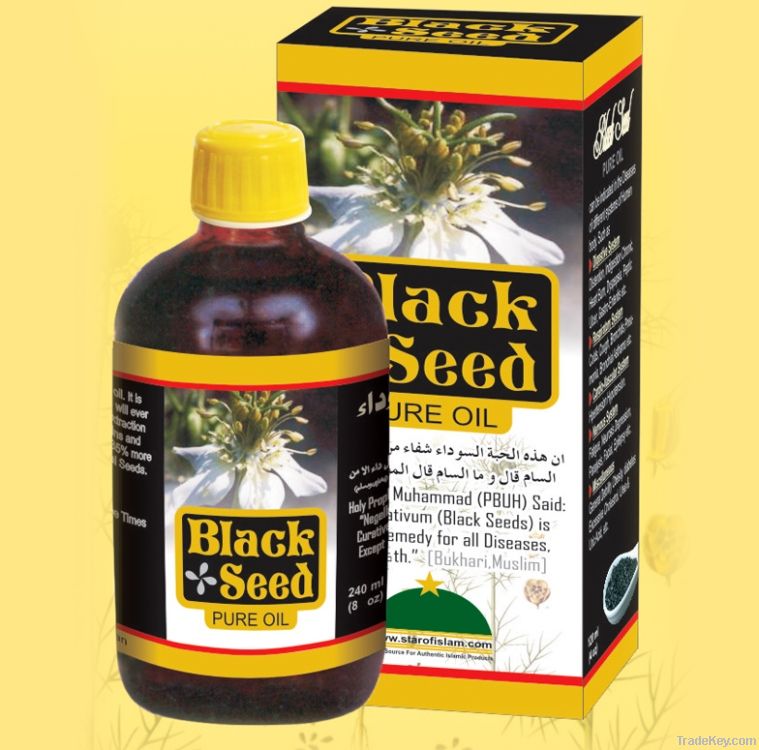

Some common names are interchanged, and black cumin, black seed and black caraway can all be referring to the same thing. Q: What is the difference between black cumin and black seed? How do I know what I’m getting?Ī: It’s important to look at the ingredient list and the source of the product to determine what is the product you are getting. This contributes to the proper modulation of inflammation in the body, which, when out of balance, can be a factor in most immune responses and chronic diseases. Linoleic acid can be converted by the body into gamma-linoleic acid, contributing to the proper balance of omega-3 and omega-6 essential fatty acids. Thymoquinone, the major bioactive component of the essential oil, is a phytonutrient that is shown to be anti-inflammatory and antioxidant, and contributes to the vast majority of the benefits listed above. Two of these are the phytochemical thymoquinone, and the essential fatty acid linoleic acid. There are many constituents of black cumin seed oil that have extremely valuable uses for modern health issues. By taking the extracted oil in capsule form, you can avoid this taste profile. Black cumin seeds taste like a combination of onions, black pepper and oregano, with a pungent bitter taste and smell. The seeds have been traditionally used as a spice in Indian and Middle Eastern cuisine. Nigella sativa or black caraway, also known as black cumin, is a flowering plant native to India and West Asia. Traditionally known to have a protective impact on the heart and digestive system, black cumin seed oil is known to improve digestive capacity and reduce the onset of dyspepsia, colic and other digestive issues.

Sourced from Nigella sativa, Organika’s Black Cumin Seed Oil Softgel Capsules are processed through cold press extraction to produce a modern form of Ayurvedic Medicine that fights allergies and functions as a powerful digestive aid. The medicinal benefits of black cumin seed have been appreciated in Middle-Eastern and African cultures for centuries.


 0 kommentar(er)
0 kommentar(er)
